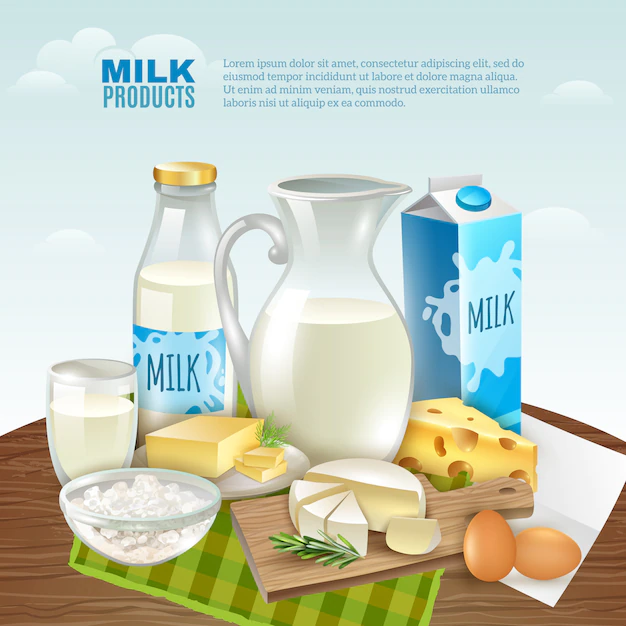Pregnancy Food Chart: A Guide to a Healthy Start

Introduction
Congratulations, you’re expecting! The first month of pregnancy is a crucial time for both the mother and the developing baby. Proper nutrition is essential during this period to ensure a healthy start to the pregnancy journey. In this article, we will provide you with a comprehensive pregnancy food chart for the first month, packed with vital nutrients and essential dietary tips. Remember, a well-balanced and nutritious diet is the foundation for a healthy pregnancy.
First Trimester
- 1 cup of cold milk before breakfast.
- Breakfast: spinach-chipped moong dal cheela.
- Rock salt in lemonade for breakfast.
- Lunch: wheat/jowar roti, salad, green leafy vegetables, buttermilk, and chutney made with flax seeds
- Bananas as an evening snack. It might be chopped and given a squeeze of lemon.
- Dinner will be roasted papad and mixed dal khichdi.
- A handful of roasted chickpeas to satisfy your midnight hunger
Second Trimester
- Previously breakfast: Soaked nuts and dried fruits
- Paratha with curd and ghee for breakfast
- Lunch will consist of multigrain rotis, rice, salad, pickles, seasonal veggies, and dals.
- Makhana, one seasonal fruit, for supper.
- Dinner will consist of multigrain-packed parathas, pickles, papad, and khichdi.
- Late-night snacks: sesame, peanut, and jaggery laddoos
Third Trimester
- Coconut milk before breakfast
- grain porridge for breakfast
- Midday: Delicate coconut water
- Lunch includes multigrain rotis, regional veggies, a salad, chutneys, and pickles.
- Evening Snack: A piece of fresh fruit and a glass of milk
- Khichadi, rice, dal, thalipeeth for dinner
- Pickles, soups, and papads for late-night cravings
Ideas For Pre-Breakfast Snacks During Pregnancy
- Adding a sprinkle of cardamom powder to milk
- soaked seeds and nuts
- one entire seasonal fruit
- Rubbed peanuts
- Panchamrit (5 tbsp. cow milk, 1 tbsp. curd, 1 tbsp. honey, 1 tbsp. sugar, and 2 tbsp. ghee)
Breakfast Ideas
- Poha and nuts
- Laapshi Oats Upma (Cracked Wheat Daliya)
- Sambhar and Palak Idlia with Coconut Chutney
- Whole Moong cheela/Pesarattu
- curd-topped paneer paratha
- Grass-like Thalipeeth
1. Understanding the First Month of Pregnancy
During the first month of pregnancy, the embryo is just starting to form, and it is essential to provide the right nutrients for its growth and development. This period is marked by early cell division and the formation of the neural tube, which will eventually develop into the baby’s brain and spinal cord.
2. Importance of a Proper Diet
A well-balanced diet plays a crucial role in supporting the early stages of pregnancy. Nutrient-rich foods help promote healthy fetal development and reduce the risk of birth defects. Additionally, they provide the mother with the energy and stamina she needs during this physically demanding time.
3. Key Nutrients for the First Month of Pregnancy
Folic Acid

Folic acid, also known as Vitamin B9, is one of the most vital nutrients during the early stages of pregnancy. It helps prevent neural tube defects and ensures proper brain and spinal cord development.
Iron

Iron is essential for the production of hemoglobin, which carries oxygen to both the mother and the baby. Adequate iron intake prevents anemia and supports the baby’s overall growth.
Calcium

Calcium is crucial for the development of the baby’s bones, teeth, and muscles. It also helps maintain the mother’s bone health during pregnancy.
Protein

Protein is the building block of cells and tissues. It is necessary for the development of the baby’s organs and overall growth.
Omega-3 Fatty Acids

Omega-3 fatty acids aid in the development of the baby’s brain and eyes. They also support the mother’s cardiovascular health.
4. Foods to Include in Your Pregnancy Food Chart
Leafy Green Vegetables

Leafy greens such as spinach, kale, and broccoli are rich in folic acid, iron, and calcium. They are essential for the overall well-being of both the mother and the baby.
Legumes

Legumes like lentils, chickpeas, and beans provide an excellent source of protein and fiber. They are also rich in essential minerals like iron and folate.
Citrus Fruits

Citrus fruits such as oranges and grapefruits are packed with Vitamin C, which enhances iron absorption and boosts the immune system.
Dairy Products

Dairy products like milk, cheese, and yogurt are excellent sources of calcium and protein, supporting the baby’s bone development.
Nuts and Seeds

Nuts and seeds are a rich source of omega-3 fatty acids, which are essential for the baby’s brain development.
5. Foods to Avoid during the First Month of Pregnancy
Raw or Undercooked Foods

Raw or undercooked foods may carry harmful bacteria, posing a risk to both the mother and the baby. It is essential to avoid raw eggs, meat, and seafood.
Caffeine

Excessive caffeine intake should be avoided as it may increase the risk of miscarriage. Limit your coffee and tea consumption during pregnancy.
Alcohol and Tobacco

Alcohol and tobacco should be completely avoided during pregnancy, as they can lead to severe complications and harm the baby’s development.
6. Staying Hydrated
Drinking plenty of water is essential during pregnancy. It helps maintain amniotic fluid levels and prevents constipation, a common pregnancy woe.
7. Regular Exercise and Rest
Engaging in light exercises and getting enough rest is crucial during the first month of pregnancy. Consult your healthcare provider for safe and suitable exercise options.
Conclusion
The first month of pregnancy is a time of great anticipation and preparation. Providing your body with the right nutrients and nourishment is vital for a healthy pregnancy and a strong foundation for your baby’s growth. Follow the pregnancy food chart and dietary tips mentioned in this article to ensure a smooth and healthy start to your journey into motherhood.
FAQs
1. Can I continue taking my prenatal vitamins during the first month of pregnancy?
Yes, prenatal vitamins are essential during the first month of pregnancy as they provide additional nutrients that may be lacking in your regular diet.
2. Are there any specific foods to alleviate morning sickness during the first month?
Ginger and crackers are known to help ease morning sickness. However, it’s essential to consult your healthcare provider if you experience severe nausea or vomiting.
3. Can I consume seafood during the first month of pregnancy?
You can consume cooked seafood in moderate amounts. However, avoid high-mercury fish and raw seafood to prevent potential risks.
4. Is it normal to experience food cravings during the first month of pregnancy?
Yes, food cravings are common during pregnancy due to hormonal changes. Embrace them but ensure that you also maintain a balanced diet.
5. How can I deal with constipation in the first month of pregnancy?
Increasing fiber intake through fruits, vegetables, and whole grains can help alleviate constipation. Additionally, staying hydrated is essential for healthy digestion.

